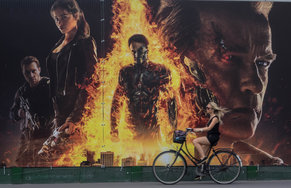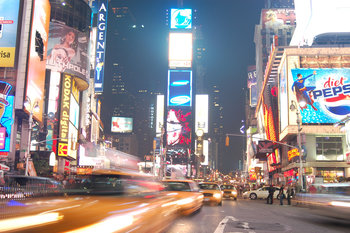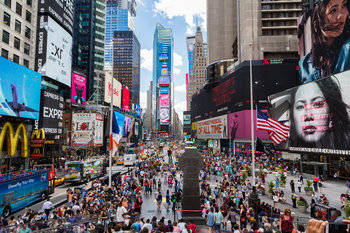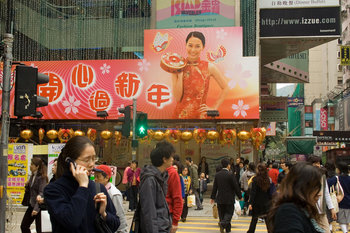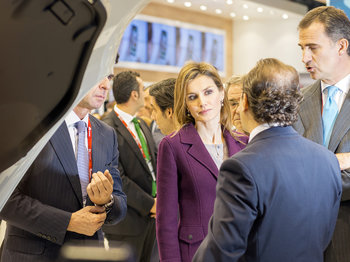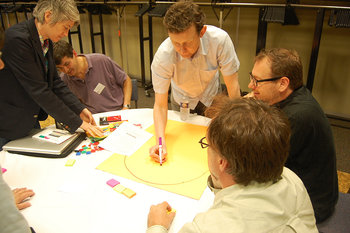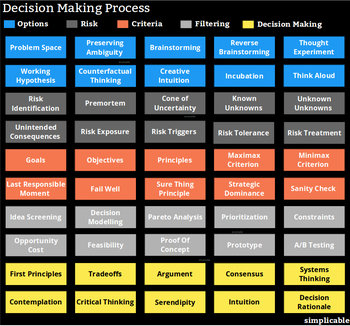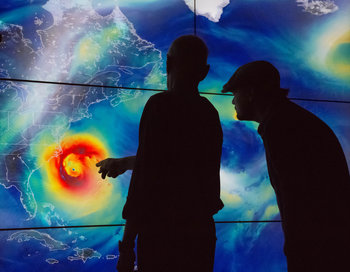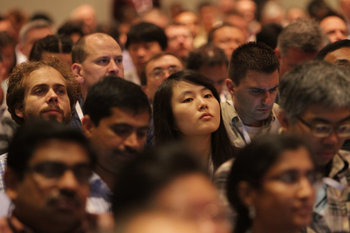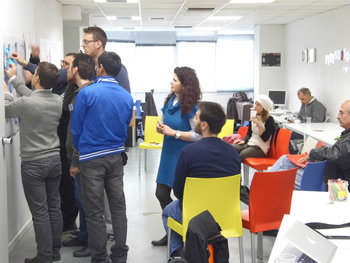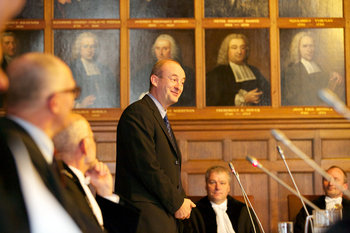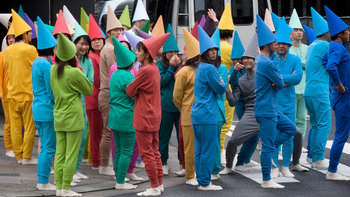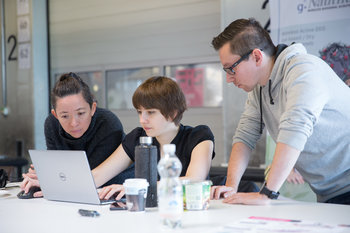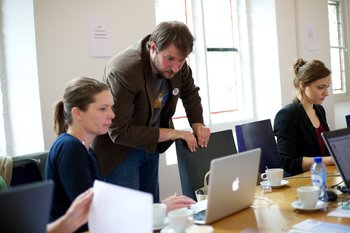
Consumers
Modern consumers are faced with far greater product variety, variations, options and customizations than at any other time in history. A consumer with a simple goal such as buying a healthy meal may face thousands of choices at the local supermarket that are each associated with health benefits and risks. This requires a careful consumer to think through many options and tradeoffs. As such, the buying process consumes energy, time and can cause stress.Buyer's Remorse
Buyer's remorse is a sense of regret that can come after making a purchase. A large number of choices makes this more likely, as a consumer may wonder if they picked the right brand, model or option. For example, a customer who likes green purchases a green pair of shoes. They immediately get a sense of buyer's remorse because the brand offers 5 different shades of green and they wonder if they picked the right one for them.Businesses
Business purchases are typically far more complex than consumer purchases. For example, a business that wants to semi-automate sales processes has a large number of options and approaches available to them. Vendors tend to sell products with catchy technical phrases that lack real content and information. As such, the process of selecting business suppliers, products and services can be resource intensive. This can cause a business to rely on simple heuristics such as buying the most popular product or purchasing everything from a large vendor they know.Opportunity Costs
The paradox of choice can apply to complex decisions beyond purchases. A young person considering what after-school club to join may have more difficultly choosing when there are hundreds of options open to them. This can be modeled in terms of opportunity costs. For example, the opportunity cost of joining the drama club is that you won't have time to join the soccer club.Marketing Communications
Marketing communications are often designed to simplify things for consumers who are facing complex choices. This can be attractive to customers who wish to make decisions quickly without buyer's remorse. For example, farmers who certify their food as organic are sending a simple message to consumers that food was prepared using a particular set of practices. Consumers may adopt the heuristic that organic food is healthy that enables them to make quick decisions they perceive as reasonable.Choice Architecture
Firms may structure choices to avoid paradox of choice situations where too many offerings drive customers to a competitor or leave them with buyer's remorse. For example, a fashion brand that reduces their line of men's jeans from nine styles of jeans down to just "slim fit" and "comfort fit."Notes
The paradox of choice is by no means a universally accepted idea. Many firms will say their business model depends on offering variety and many customers will say they enjoy a large number of choices. This is similar to the less is more and more is different design philosophies whereby some people value simplicity while others enjoy complexity.| Overview: Paradox Of Choice | ||
Type | ||
Definition | The idea that too many choices can make people less happy. | |
Coined By | Barry Schwartz in the book The Paradox of Choice - Why More Is Less (2004) | |
Related Concepts | ||

